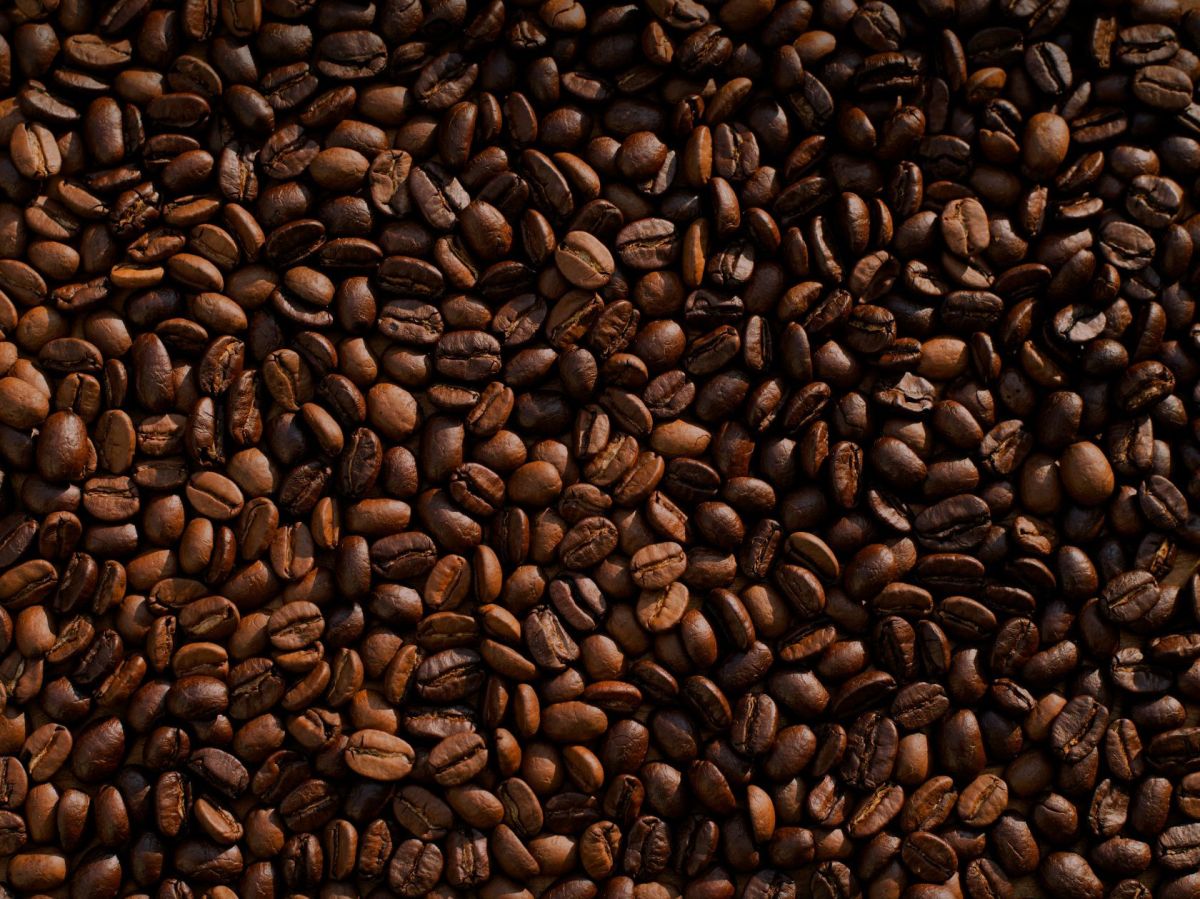The composite coffee price index averaged 324.62 US cents for each pound produced.
This figure is 25.4% higher than the same price recorded in September 2024, according to the ICO, which highlighted the price increase in the first half of September and its subsequent correction.
Among the factors explaining the upward trend are concerns about coffee supply in the United States, due to the Donald Trump administration's tariff policy, although the product, which is not produced in large quantities in that country, has not yet been subject to a tariff review. The "consistent" decline in certified coffee reserves and their low replacement rate also influenced the price increase, according to a statement from the ICO.
Higher margins established by the specialized ICE futures exchange for Arabica coffee contracts in the US exerted downward pressure.
Negotiations between the US and Brazil during the recent UN General Assembly, the European Commission's intention to postpone European directives against deforestation for another year, and the recent interest rate cut announced by the US Federal Reserve (Fed) also contributed to this trend.
Compared to August, the price of Colombian mild coffee increased 10.1% to 403.77 cents per pound, and other mild coffees increased 9.3% to 400.21 cents per pound. The robusta variety saw a 5.9% price increase in the month under review, to 210.85 US cents, and Brazilian natural coffee rose 11.3% to 374.91 US cents.
In August, global exports of green coffee beans totalled 11.35 million 60-kilogram bags, 3.7% less than in the same month of 2024.
Sales of Brazilian natural coffee fell 18.5% to 2.81 million bags, while sales of robusta coffee grew 9.4% to 4 million bags.
Exports of Colombian mild coffee increased 9.4% to 1.16 million bags, while sales of other mild coffees decreased 0.4% to 2.02 million bags. By region, exports from South America fell 14.3% in August compared to the same period last year (4.94 million bags), those from Asia and Oceania increased 14.9% (3.48 million bags), those from Africa rose 4.1% (1.9 million bags) and those from Mexico and Central America decreased 12.1% (1.03 million bags).










